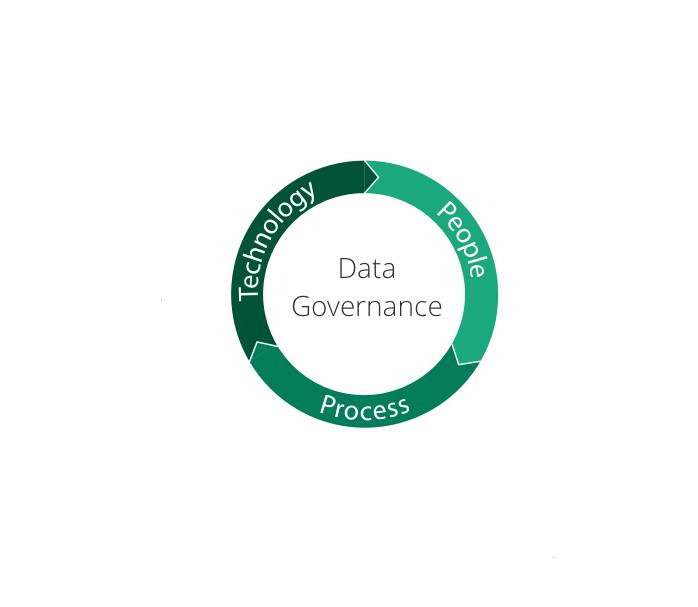Data governance is the process of managing the availability, usability, integrity, and security of the data used in an organization. With the increase in the volume and variety of data generated by businesses, data governance has become increasingly important to ensure that data is managed effectively and efficiently.
Effective data governance involves a combination of policies, procedures, and technology to manage data throughout its lifecycle. The goal is to ensure that data is accurate, consistent, and secure, and that it can be easily accessed by those who need it.
One of the primary benefits of data governance is improved decision-making. When data is accurate and consistent, it provides a solid foundation for making informed decisions. Additionally, data governance can help to identify and mitigate risks related to data security and privacy, which is becoming increasingly important in today’s digital landscape.
Implementing data governance can be a complex process, involving multiple stakeholders, data sources, and data types. It requires a strong commitment from senior leadership and a dedicated team to oversee the implementation and ongoing management of the data governance framework.
There are several key components of an effective data governance program, including:
- Data policies and procedures: This includes creating policies and procedures for data collection, storage, use, and sharing. These policies should outline data privacy and security requirements, as well as procedures for data access, usage, and sharing.
- Data quality management: This involves defining standards for data quality and implementing processes to ensure that data is accurate, complete, and consistent.
- Data architecture: This includes defining the data architecture, which includes the types of data that will be collected, how it will be stored, and how it will be accessed.
- Data security and privacy: This includes implementing security measures to protect sensitive data, such as encryption, access controls, and data backups.
- Data lifecycle management: This involves managing data throughout its lifecycle, from creation to deletion, including data retention and disposal policies.
In conclusion, data governance is an essential process for any organization that values data-driven decision-making and wants to ensure the security and integrity of their data. It requires a commitment from senior leadership and a dedicated team to implement and manage an effective data governance framework. With the right policies, procedures, and technology in place, organizations can ensure that their data is accurate, consistent, and secure, and use it to make informed decisions that drive business success.

